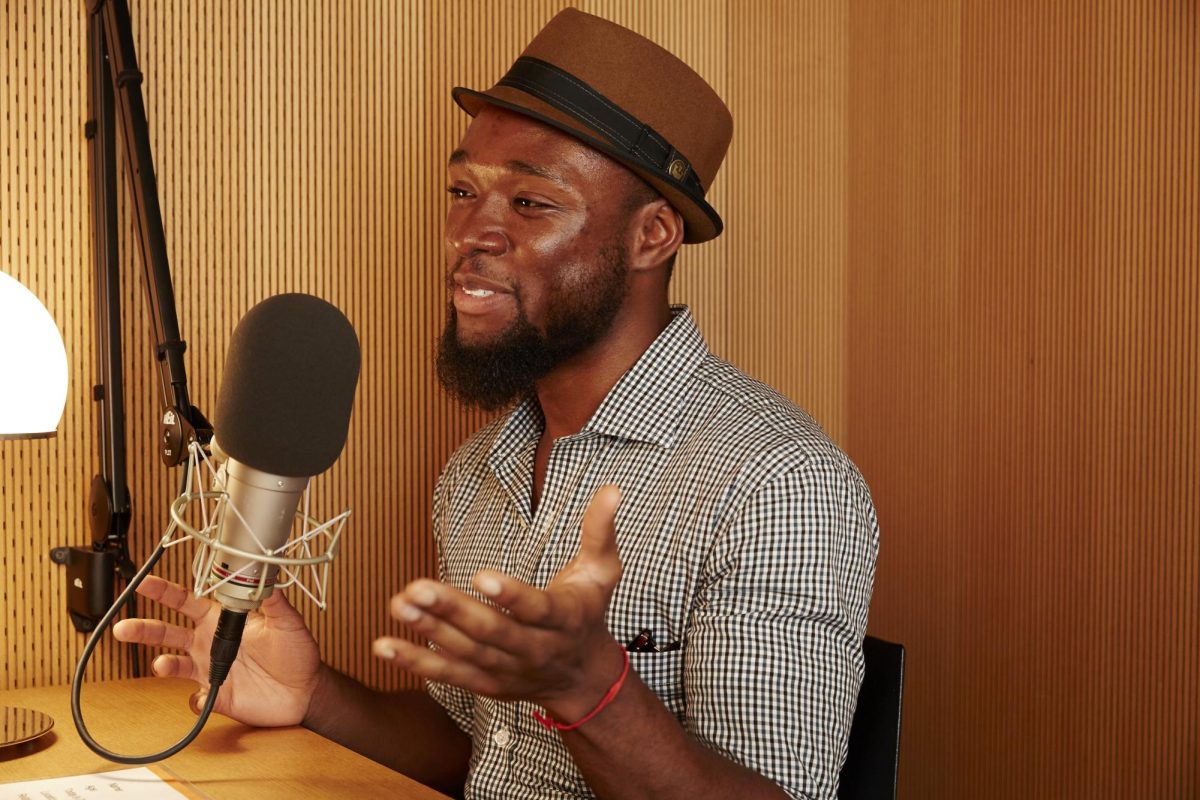After the Marjory Stoneman Douglas shooting in Florida in February, a University of Minnesota fraternity was discontent with an apparent lack of healthy discussions on gun control in their community.
The fraternity, Kappa Alpha Psi, took initiative and held a discussion at the end of March.
But not all fraternities and sororities on campus are quite as open to discussing political issues as Kappa Alpha Psi.
Policies regarding discussion of political issues differ from one another at chapter-sanctioned events and meetings across the University’s councils and Greek organizations.
“We can definitely talk about these social issues within our programming,” said Kappa Alpha Psi President Malik Day.
Day said the fraternity often hosts discussions about national and international issues, under the conditions that members and participants be respectful of others’ opinions in the process.
A few months ago, the fraternity hosted a discussion about Colin Kaepernick, an alum of Kappa Alpha Psi, and his kneeling during the national anthem.
Among National Pan-Hellenic Council fraternities and sororities, NPHC President Samson Ghirmai said not all organizations agree on which national and international issues they will associate with.
In the Panhellenic Council, President Kaela Juarez said PHC sororities typically refrain from talking about political issues at sponsored events or chapter meetings to make sure all members feel included.
But informally, sometimes members discuss politics among themselves or in the house, Juarez said.
Max Hurst, president of Delta Kappa Epsilon, said within his fraternity and across Greek life, organizations are diverse and made up of people with a variety of differing political viewpoints.
“You learn a lot by hearing from different perspectives,” Hurst said. “One of the things that I value about being in a chapter with guys with varying views is being able to learn from them, and getting a handle on what different people think.”
Hurst agreed that his fraternity tends to talk about politics informally, and not necessarily at formal events.
He said one of the values of Delta Kappa Epsilon is the promotion of active citizenship, which could translate to making sure members are politically informed and engaged.
In the past, Hurst said members of his fraternity have gotten together to watch the presidential debates and the State of the Union, and many stay to discuss it informally afterwards.
“We’re all about having intellectual conversations and making sure everybody is well informed,” he said. “There’s definitely ways where having those kinds of discussions can be really helpful for personal development or professional development.”







